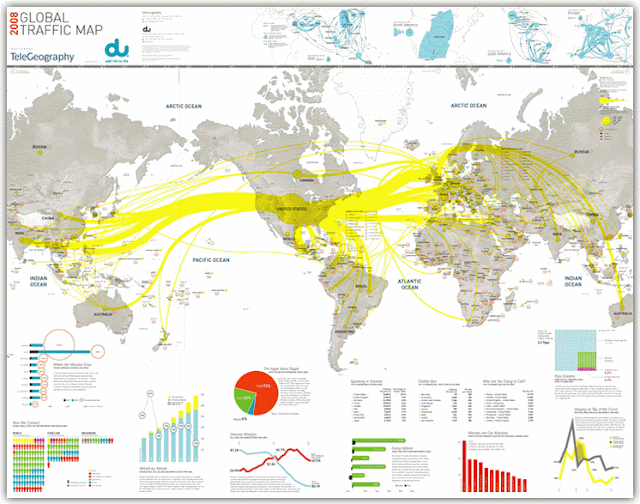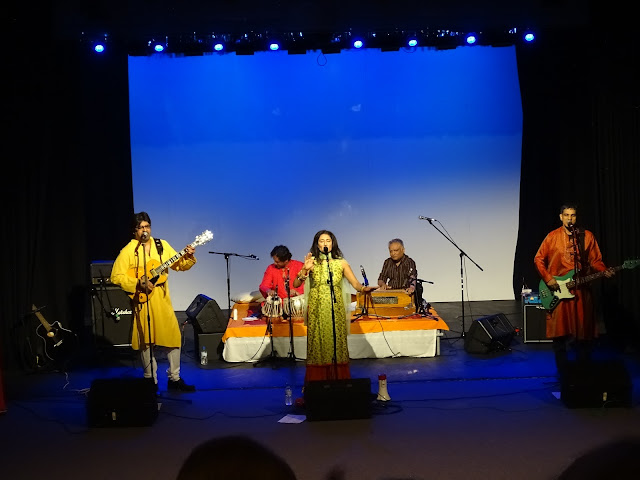Global Scholars Application Essay
In the United States, the resolution of governmental legislation is too often minimized to the impact it will have on the American people in order to signal the bill or policy’s proponents’ sole investment in their constituents. Not only does this tendency preclude the realization of America’s potential as a leader on the world stage, it also ignores this country’s responsibility to our fellow global citizens as citizens of the globe ourselves. The nationalist notion of putting America first, moreover, is not limited to politics but pervades many aspects of our society, reflected in conversation, media, and personal beliefs. Through my immersion in communities with global ties, both at home and abroad, I have realized the devastatingly reductive nature of this idea and have begun to more critically appraise what my role is, not only as an American but as a human. From outreach work in Nicaragua to community engagement here in Los Angeles, from the use of Spanish in Ecuador to its familiarity at home, I have become more focused on and excited about the global communities of which I am a part. As a member of the Global Scholars program, I would want to deepen my global perspectives through community outreach and intercultural interaction as much as I would hope to expand my peers’ conceptions of the domains with which I am familiar.
I have had the great privilege of travelling—both spatially and academically—through our bright world as just a high schooler, seeing different parts of this diverse planet and consequently becoming more interested in it. I first interacted with the Global Initiatives Program in freshman year, during which I travelled to the town of Jinotega, Nicaragua to participate in a service-based program ran by Outreach360. We were to teach English to the participants in this Outreach360 program, but my education was certainly not limited to the classroom. In my blog post after the first day of working with the kids, I decided I had to write about “the joy [that day] brought me and the joy I saw in the children I met.” These students were not academically indolent but contagiously enthusiastic about learning and indescribably cheerful. I have witnessed the exact same behavior in my students at Reading Partners, a literacy nonprofit with which I work. The parallels have made clear to me the international desire for education and the commonality of childhood, shared features of humanity that are important to acknowledge and consider. I have also benefited greatly from the opportunities I have had to practice and study Spanish, both outside of and within the United States. While not doing direct community engagement work on the trip to Nicaragua, I attempted to use my rudimentary Spanish skills in interactions with the owners of locals businesses and the people with whom we travelled on the last day. During a trip to Ecuador with my family, I also tried to occupy the role of translator, though my feeble jabs at using the language were more often met with a response in English that relieved me of my duties than a corresponding response in the language I so wanted to master. This past summer, however, when I embarked on a 30-day canoeing trip across Quebec, I paddled, portaged, and camped alongside two lifelong friends from Venezuela. I was able to talk to them in Spanish throughout the trip, finally reaping the benefits of my years of studying Spanish. I now am comfortable using the language here in Los Angeles, a city that, until just 150 years ago, was a Spanish-speaking one. To the Global Initiatives Program, I would hope to contribute not just my rote knowledge but my enthusiasm for experiencing all parts of this world, not just my understanding but my desire to understand and be understood.
As a member of the Global Scholars cohort, I aim to broaden my vision of community and society and become a more empathetic, knowledgeable global citizen. This past semester, I wrote a history paper on the practice of housing discrimination and land seizure in mid-twentieth century Los Angeles, a city that stands at the intersection of pre-Columbian, Spanish, and American history. The effects of redlining and eminent domain can still be seen today in the ethnic composition of various parts of Los Angeles and their respective economic fortunes—or plight. As part of the Global Scholars program, it would be immensely gratifying to expand on the work and research I did earlier this year, through interviews, many of which might be conducted in Spanish, and community engagement, to link the explicit discrimination of our past to the manifestation of that oppression in Los Angeles’s modern global communities. As part of the Global Initiatives Program, I would hope to attain a more holistic impression of how communities from the world over have found their way to this city. I would hope to lessen the biases to which my mind has been exposed throughout my life because, while eliminating them may be impossible, confronting and pushing back against misconceptions can lead to as much realizations about oneself as about society. And, through a thorough analysis of American and world history, I would hope to understand the origins of this city’s global heritage and how that heritage can be preserved.



Great application essay, Michael! I look forward to seeing what you'll accomplish with your teaching ability and Spanish prowess in your Capstone Project/grant proposal.
ReplyDelete